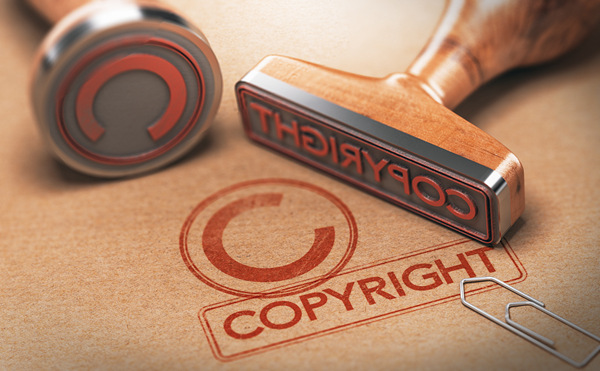Authors Sue Anthropic Over Alleged Book Theft for AI Training
Authors File Class-Action Lawsuit Against Anthropic Over AI Training Data
A federal judge in California has ruled that three authors can proceed with a class-action lawsuit against artificial intelligence company Anthropic, alleging the firm used pirated books to train its AI systems without authorization. The plaintiffs—authors Andrea Bartz, Charles Graeber, and Kirk Wallace Johnson—claim Anthropic built a billion-dollar business by systematically infringing on copyrighted works.
The Allegations
Court documents reveal that Anthropic allegedly downloaded up to 7 million books from a pirated library, drawing comparisons to the early days of music-sharing platform Napster. The lawsuit, originally filed in August 2024, accuses the company of wholesale copyright infringement while developing its AI models.

Legal Developments
While a previous ruling supported Anthropic's argument that legally purchased books fell under fair use for AI training purposes, Judge William Alsup emphasized that the company must still face trial for its alleged use of pirated materials. This creates a complex legal landscape where some data usage may be permissible while other instances could constitute infringement.
Broader Industry Impact
The case comes amid growing scrutiny of AI companies' data practices:
- Reddit recently sued Anthropic over unauthorized access to its platform
- Universal Music Group filed a similar lawsuit in 2023 regarding lyric copyrights
- Some creators are choosing collaboration over litigation, negotiating revenue-sharing deals for AI training data
The lawsuit reflects deepening tensions between content creators and technology firms as AI systems increasingly rely on copyrighted material for training. Legal experts suggest this case could set important precedents for how intellectual property laws apply to machine learning.
Key Points:
- 📚 Class-action status approved: Three authors can represent all affected U.S. writers in the suit against Anthropic
- ⚖️ Dual legal standards: While some book usage was deemed fair use, alleged piracy remains actionable
- 🤖 Industry-wide implications: Case highlights growing conflicts between AI development and copyright protection